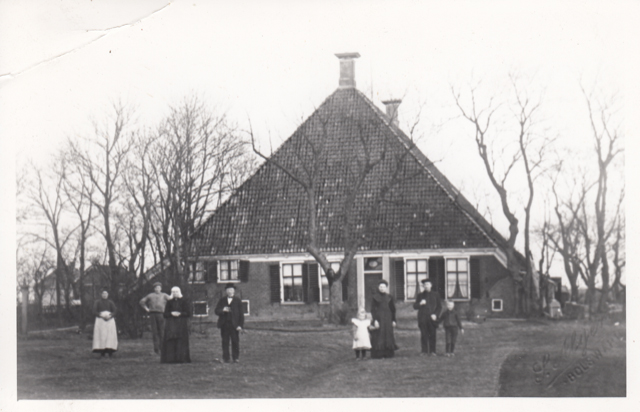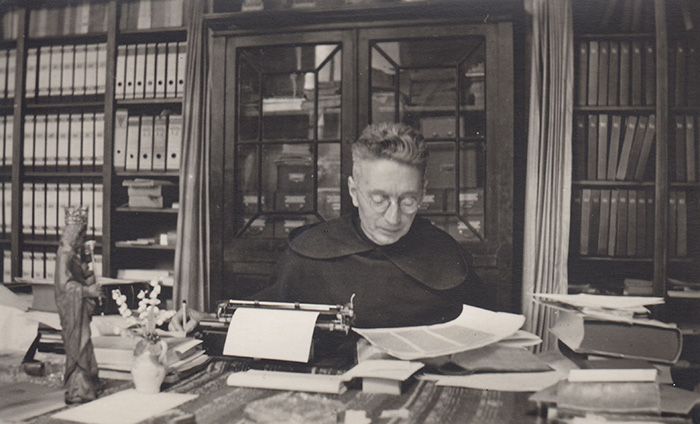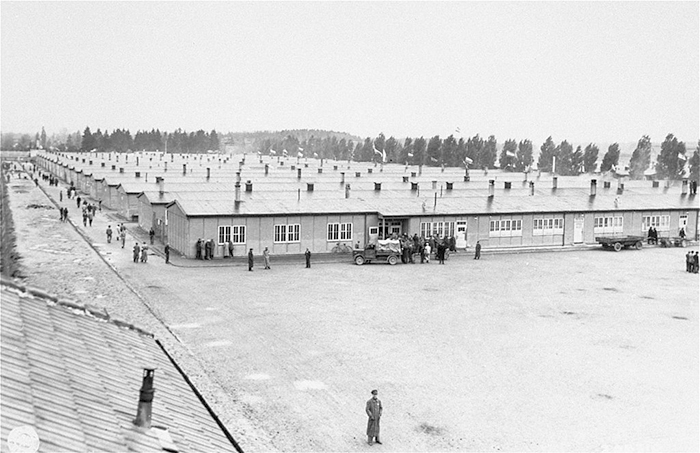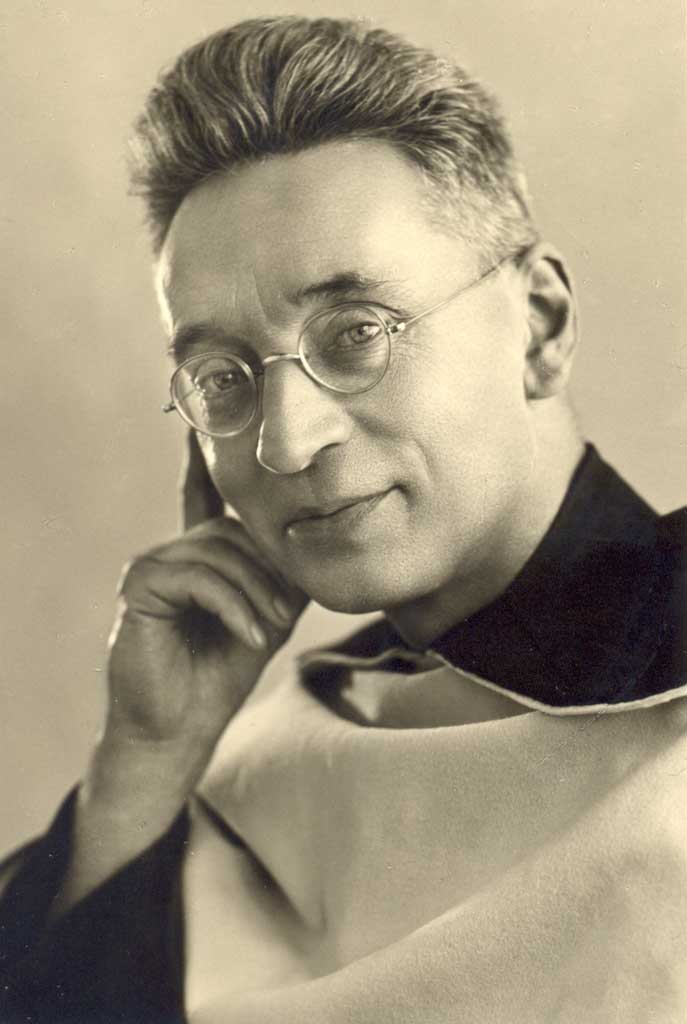Path of life
Young years

Anno Sjoerd Brandsma was born the son of Tjitsje and Titus Brandsma on February 23, 1881 in Ugoklooster, near Bolsward in Friesland. The Brandsma family consisted of four girls and two boys, of whom Titus was the second youngest. Five of the siblings would later choose religious life.
The family had a dairy farm, selling milk and cheese made on the farm itself. Anno’s father was committed to preserving Frisian culture and was active in local politics.
After his high school education with the Franciscans in Megen (near Oss in North Brabant), Anno decided to enter the Carmel Order.
He began his novitiate in Boxmeer in September 1898 and took his father Titus’ name as his monastic name. He made his first profession in October 1899 and was ordained a priest on June 17, 1905.
After further studies at the Gregoriana University in Rome, he received his doctorate in philosophy in 1909. Titus also had a keen interest in spirituality and in journalism, two areas that, along with his academic pursuits, would make up a large part of his life’s work.
Work and mission
In 1923 Titus was one of the founders of the Catholic University of Nijmegen, working there as a professor and administrator. In the academic year 1932-33, he was Rector Magnificus.
As a Carmelite priest, he also liked to share the spiritual tradition of the Order with people outside the university.
He traveled widely to give lectures on Carmelite spirituality. In preparation for a lecture tour in the United States in 1935, he spent some time in the Carmel monasteries in Dublin and Cork, Ireland.
He was active in many social fields, including education, Frisian language & culture and peace work.

Journalism
Titus also developed his interest in journalism and other media. In late 1935, he became the spiritual advisor to the Union of Catholic Journalists. In this position, he promoted opposition to the publication of Nazi propaganda in Catholic newspapers and in the press in general. He was especially critical of anti-Semitism. When the Nazis invaded Holland in May 1940, he encouraged the bishops to speak out against the persecution of the Jews and the violation of human rights in general by the occupiers.
By doing so, he stood out to the authorities.
Arrest and martyrdom
Urging Catholic newspapers to refuse to print Nazi propaganda sealed Titus’ fate. Titus had promised to personally hand each editor a letter from the bishops. This letter instructed editors not to comply with a new law requiring them to print Nazi ads and articles. Titus had visited fourteen editors when, on January 19, 1942, he was arrested in Nijmegen by the Gestapo
was arrested.
Titus was imprisoned in Scheveningen and Amersfoort before being transported to Dachau in June.
Under the harsh regime there, his health deteriorated rapidly and he ended up in the infirmary in the third week of July. He endured his torture equanimously and encouraged his fellow prisoners. On July 26, 1942, he was killed by lethal injection.
On the day he died, the Dutch bishops issued a pastoral letter strongly protesting the deportation of Jews from the Netherlands.

TItus Brandsma was beatified by Pope John Paul II in Rome on Nov. 3, 1985, and canonized by Pope Francis on May 15, 2022.
Biography
Blessed Titus Brandsma (1881 – 1942) is one of the most inspiring Carmelites to the contemporary world. Churches, schools and streets are named after him.
He was born Anno Sjoerd Brandsma in 1881 in Oegeklooster a hamlet in Friesland near Bolsward. Titus, he later chose as his monastic name.
The socioeconomic disadvantage of Frisian Catholics had a great influence on Titus Brandsma’s life. His commitment to the emancipation of Dutch and Frisian Catholics, especially in the fields of education and journalism, had its origins here.
At the age of 17, Titus chose to enter the Carmel Order. Already in the first years of his monastic life he came in contact with mystical writings. It was in the area of the study of mysticism and spirituality that his greatest achievements would later lie.
In 1923 Titus Brandsma was appointed professor of philosophy and mysticism at the then founded Catholic University in Nijmegen. He pioneered the collection and description of medieval mystical writings. However, his interest was not only studious. He was deeply concerned with people’s personal relationship to God, as evidenced by his 1932 death speech.
In the 1930s, Titus Brandsma warned on many occasions against the dangers of rising National Socialism. During the first years of occupation, Titus continued to resist, especially through education and journalism. On January 19, 1942, he was arrested by the Gestapo and accused of sabotage activities. Several weeks of interrogation followed at the office of the Sicherheitsdienst at the Binnenhof in The Hague. During this period he wrote, among other things, the writing My Cell – Diary of a Prisoner. Not long after, his final journey began, via various prisons, toward the Dachau concentration camp. Here he died on July 26, 1942.

Concept of God
Speech delivered at Nijmegen, October 17, 1932 at the Dies Natalis der
R.K. University by Prof. Dr. Titus Brandsma o.carm.
You can view the speech on the website Writings of Titus Brandsma


